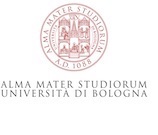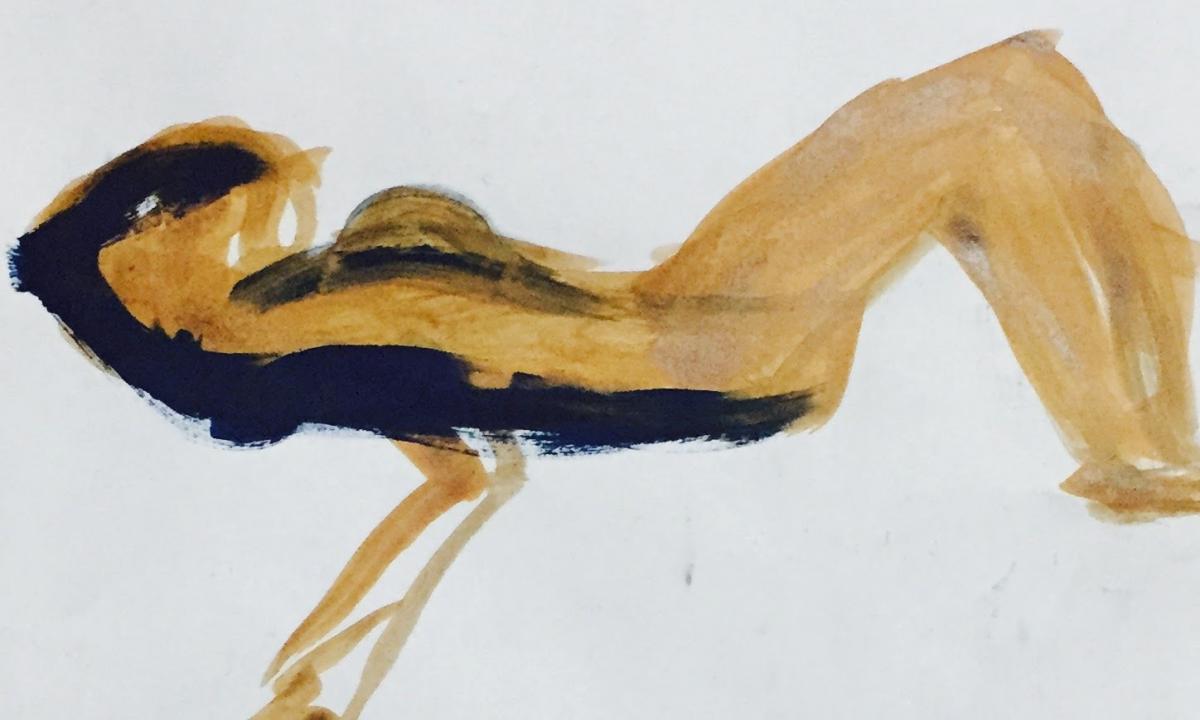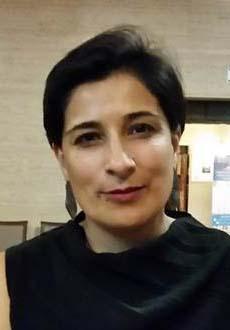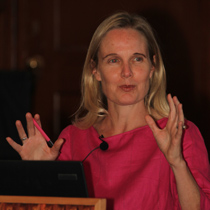FORM AT THE LIMITS OF THE HUMANWORKSHOP
June 26 and 27, 2018 2.00 - 4.00 pm Aula Specola (Piazza San Giovanni in Monte, 2)
Conveners
|
|
|
This two-day workshop will engage with the idea of ‘form’ in contemporary critical thought and aesthetic practice. In particular, we will explore the potency of form in literary and visual materials that trace the entanglement of the ‘human’ with natural, material and technological worlds. If the idea of the ‘social’ (after Latour) can be seen to include not just human actors but material, environmental and technological agents or actants, what literary and art forms become possible in relation to the work of these actants and human-nonhuman assemblages? Questions about social form have historically been thought of in relation to literary form, and especially, the novel. The workshop will explore the novel form and visual art as powerful sites from which to tackle emerging questions about social form at the limits of the human. We will read Amitav Ghosh’s The Hungry Tide, a novel that explores the role of non-human actors such as tides, rivers, bays, tigers and dolphins in shaping the precarious lives of a community of refugees, social activists and fisher folk in the mangroves of Sundarbans in the Bay of Bengal at the eastern most edge of India. We will also study the art works of William Kentridge and Jason Decaires Taylor, both of whom experiment with the human form at the threshold of technological shifts and environmental transformation. Syllabus and Readings Amitav Ghosh, The Hungry Tide, Harper Collins, 2004. Jason Decaires Taylor, ‘Underwater Sculptures’ (submarine art installation) William Kentridge, ‘Walking Man’, 2000 David J. Alworth, “Introduction, Site Reading: Fiction, Art and Social Form, Princeton UP, 2016. Rob Nixon, ‘Unimagined Communities: Megadams, Monumental Modernity and Development Refugees,’ Slow Violence and the Environmentalism of the Poor, Harvard University Press, 2013. Elizabeth DeLoughrey, ‘Submarine Futures of the Anthropocene,’ Comparative Literature, 69: 1, 2017 Sarah Nuttall, ‘Intimate Lives, Interior Places’, Image & Text, Number 29, 2017. |
|
|





 Debjani Ganguly
Debjani Ganguly Ranjana Khanna
Ranjana Khanna Sarah Nuttall
Sarah Nuttall